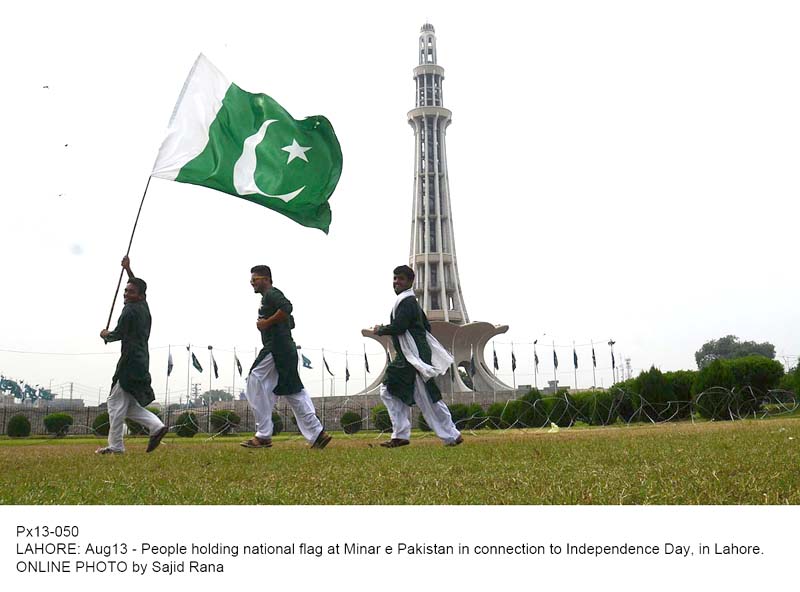
"Pakistan crystallised as a nation against India but there is no unity among its people," said Dr Christophe Jaffrelot, French scholar and senior research fellow of Centre d'Etudes et de Recherches Internationales (The Center for International Studies and Research).
"It's nationalism without a nation", he claimed. "To decentralise provinces is to strengthen them and not weaken them."
Jaffrelot was addressing the audience during the launch of his book, 'The Pakistan Paradox: Instability and Resilience', at Alliance Française on Monday.
Explaining instability
"The book is an attempt at identifying the variables that explain the political trajectory of Pakistan," he said. Jafrrelot discusses main sources of tensions in Pakistan that continue to promote instability.
According to Jafrrelot, the tension between the centralised and different ethno-lingual groups is of formidable significance. "Those in favour of ethno-linguist federation were present before Pakistan came into being," he said. "It can also be related to Muslim League as their demand of a separate electorate was a form of separatism."

Lahore Resolution also called for autonomy for provinces, he argued. It was after partition that Jinnah mentioned the provinces as a unitary state, he claimed.
"This alienated the decentralisation process," he said. "The first centrifugal process began in 1950s, resulting in another partition in 1971."
In a similar context, Jaffrelot mentioned the guerilla wars of Balochistan and other separatist movements as cases that created instability in the country.
Struggle for power
The scholar then shed light on the power struggle between democrats and autocrats. Although a democratisation process has been witnessed in Pakistani history, democracy has yet to be implemented, he argued.
"There is a balance of civilian and military power in the façade of democracy."
Identity crises
Another dilemma facing the country is the identity crisis faced by the populace, he said. There is no consensus regarding an Islamic identity that the citizens can adhere to, he claimed.
"This was also absent before the Pakistan movement due to the division between the Aligarh and the Deobandi school of thought, that crystallised after 1857," he argued. "Sir Syed Ahmed Khan's role was that of a modern reformist while Deobandis were an ideological group, favouring a separatist agenda".
The constitutions of 1956 and 1962 were similar in terms of religious ideology but the divergence mushroomed in the 1970s, he argued. "Role of Zulfiqar Ali Bhutto [Pakistan Peoples' Party founder] should be scrutinised in this regard," he opined.
Anti-Americanism
Jaffrelot discussed the surge of anti-American sentiment in the wake of the 9/11 attack and the Afghan War. "The culminating point of this trajectory was the Lal Masjid incident," he said.
He briefly talked about how the domestic scene of Pakistan is affected by external dynamics. This dependency affects the national self-esteem of the country, he added.
Published in The Express Tribune, September 23rd, 2015.

















COMMENTS (19)
Comments are moderated and generally will be posted if they are on-topic and not abusive.
For more information, please see our Comments FAQ